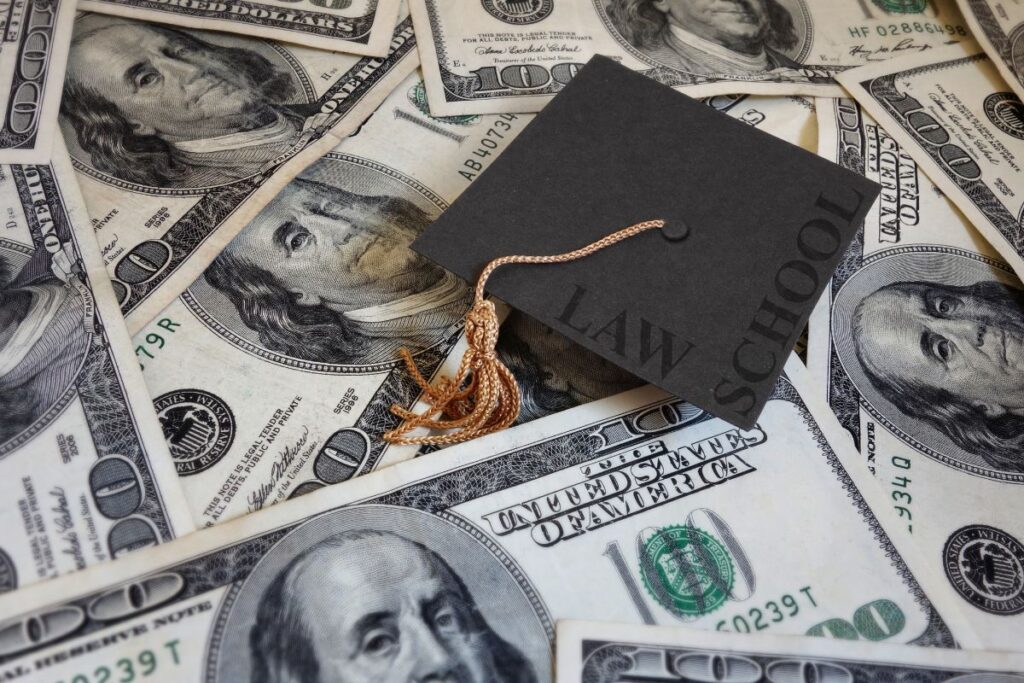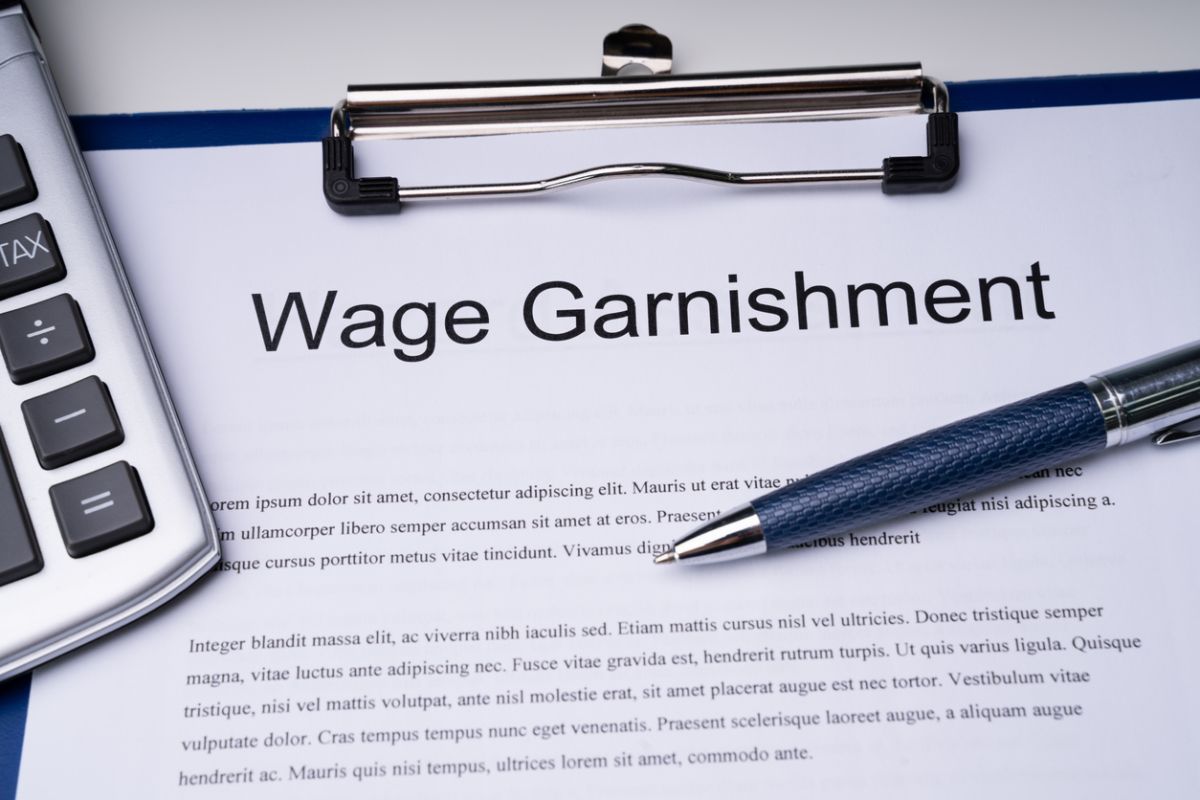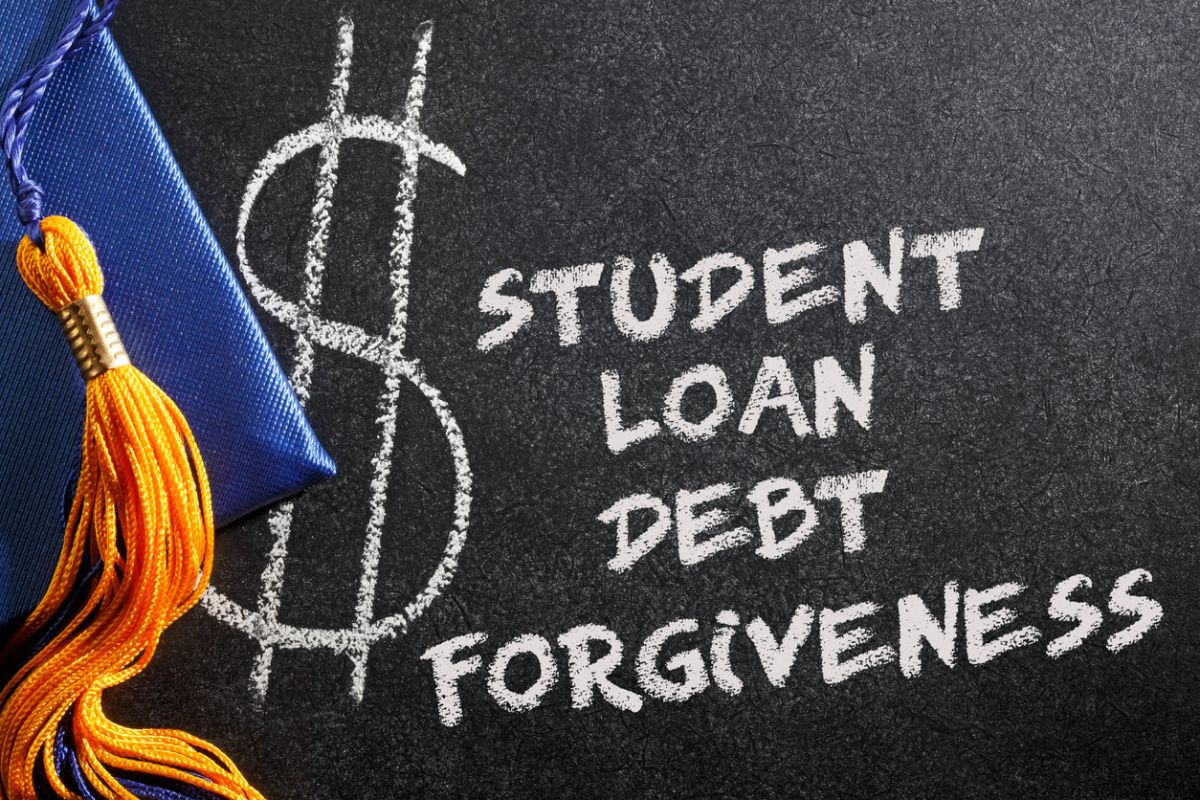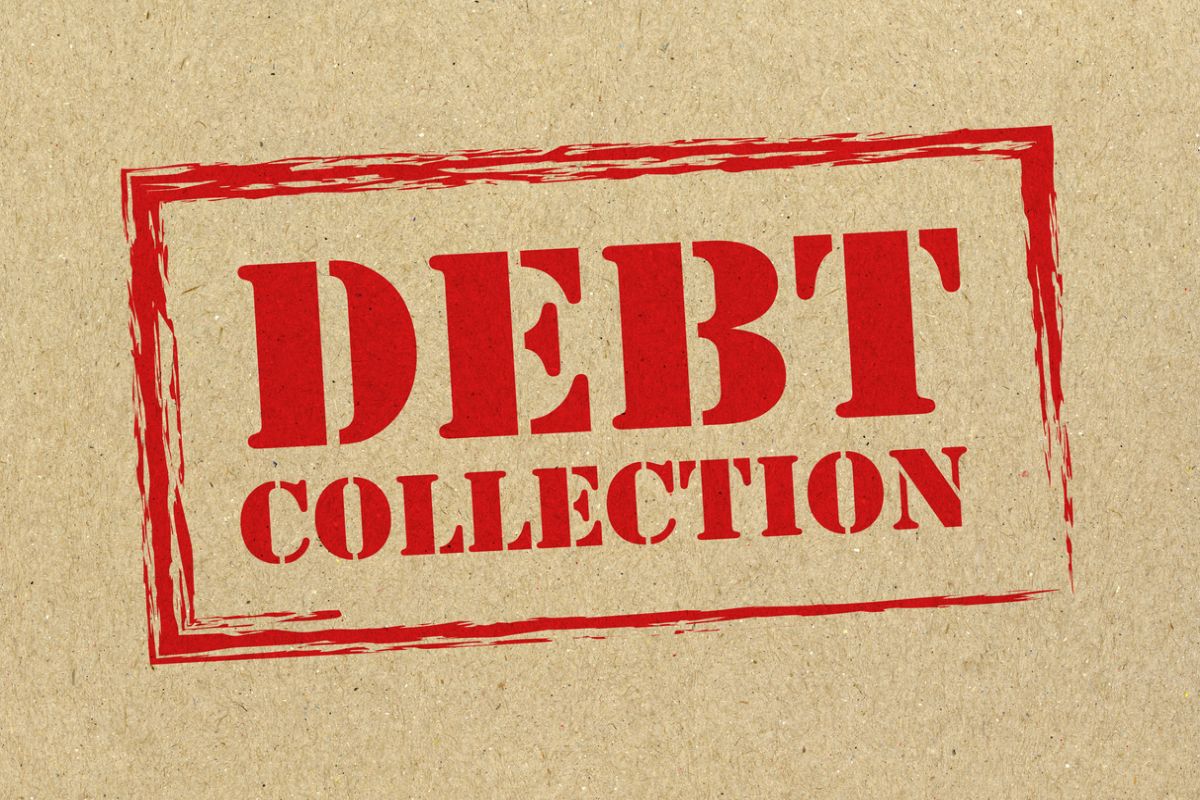As of October 2022, there were 45 million student loan borrowers in America, with a combined total of $1.58 trillion in student loan debt. Do you have private student loans that are causing debt pressure? There are ways to get help for resolving these loans and relieving the anxiety they cause. A Tennessee Debt Settlement Attorney from Fitzgerald & Campbell, APLC in Franklin, can explain your options for handling private student loans in a confidential consultation. Here are some basics you should know about private student loans in Tennessee.
What are Private Student Loans?
Private Student Loans are loans taken out with a private lender. It does get tricky because some of the Federal Loan Servicers, like Navient, issue Private Student Loans. The good news is that private student loans can be resolved just like any other unsecured debt. They can be settled, and the case can be defended if a lawsuit is filed. The only thing that Federal Student Loans and Private Student Loans have in common is the limitations on filing for bankruptcy.
What is the Difference Between Federal and Private Student Loans?
Today, all Federal Loans are Direct Loans from the United States Department of Education. Their terms and conditions are set by law, but they include many benefits that may not be offered in private student loans, such as income-driven repayment plans, deferred payment plans, and fixed, low interest rates. There are three types of federal student loans:
· Direct Subsidized Loans
· Direct Unsubsidized Loans
· Direct PLUS Loans
o PLUS Loans have two types: Grad PLUS Loans for graduate and professional students and Parent PLUS Loans that are issued to parents.
Private Student Loans usually offer the choice of a fixed or variable interest rate, provide different payment options, and can have greater flexibility. However, a good credit score is essential.
How Do Private Student Loans Work?
When securing a Private Student Loan, the borrower (student, parent, or other creditworthy individual) applies for the loan through a traditional lending institution like a bank or credit union. The loan funds
are paid directly to the educational institution each year or semester, not the borrower. Good credit scores are usually a must, and students may require a parent or other person as a cosigner to obtain a Private Student Loan for themselves. The loan is then paid back over time according to the conditions of the loan. This can include deferred payments or simple interest payments while the student is enrolled in school and payments on the total loan amount to begin after graduation.
How Does the Punishment for Late Payment of Student Loans Differ Between Federal and Private Loans?
Punishment for late student loan payments will vary according to the terms and conditions of the specific loan. If funds remain for future semesters of instruction, these may be withheld until the loan is brought current. Late payment fees will likely apply.
Why Aren’t Private Student Loans Forgiven?
While much talk has been about student loan forgiveness, this relates to federally subsidized student loans – not private student loans. The federal government may yet decide to forgive some student loan debts; they have that right because they provided the loans in question. Private lenders will not be so inclined.
Private lenders must recoup their investments into private borrowers, even for student loans. A Private Student Loan is like a personal loan. It is a contract between you and the loan institution. Banks and credit unions treat student loans differently to help lower their risk. A common trend for some Private Student Loans is bundling and securitizing the loans. Essentially, the loans are sold to investors in a portfolio. If this happens to your loans, it’s a good thing because proving liability is a lot harder. In addition, this gives the Student Loan Debtor some leverage for settlement.
What If I’m Sued Over a Private Student Loan?
Defending against a Private Student Loan lawsuit is treated no different than any other debt in court. For example, the statute of limitations for Breach of Contract is six years in Tennessee (see Tennessee Code Annotated §28-3-109), and that limitation applies to Private Student Loans. However, a ten (10) year statute of limitation applies to demand notes. It is generally accepted that a notice is a written promise to pay money to another party and that a demand note is simply a note that is payable on the demand of the creditor (see Wilson v. Harris, 304 S.W.3d 824, 826 (Tenn. Ct. App. 2009)). Depending on what you signed, the statute of limitations may be different. But the point remains that they apply. With Federal Student Loans, there is no statute of limitations.
The real trick to maximizing the resolution of Private Student Loans is to ensure you have counsel to maximize your leverage properly. Without increasing the creditors’ risk, settlement is challenging because they know that bankruptcy is generally out of play. To get the best result, partner with a seasoned Tennessee Debt Settlement Attorney from Fitzgerald & Campbell, APLC in Franklin. We can help you with these and other types of debt settlement issues.






